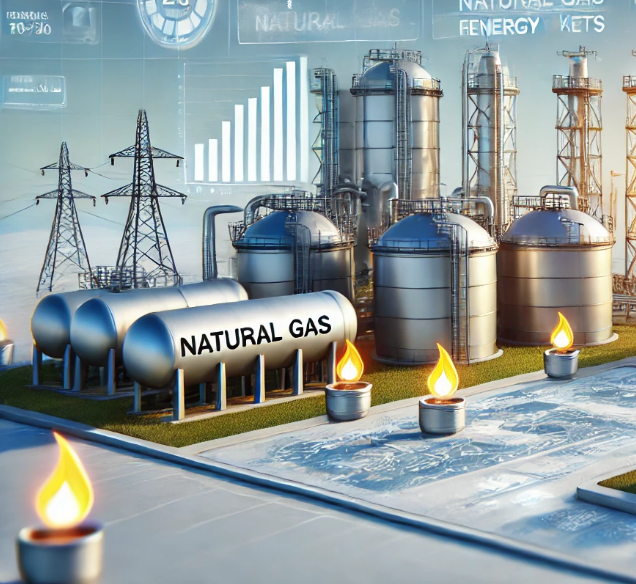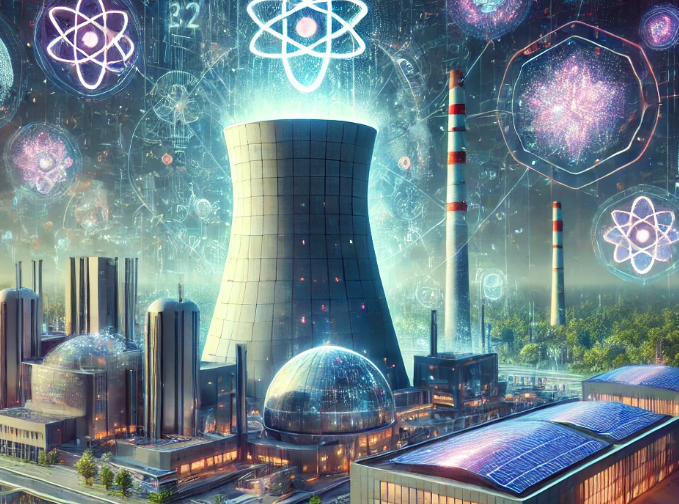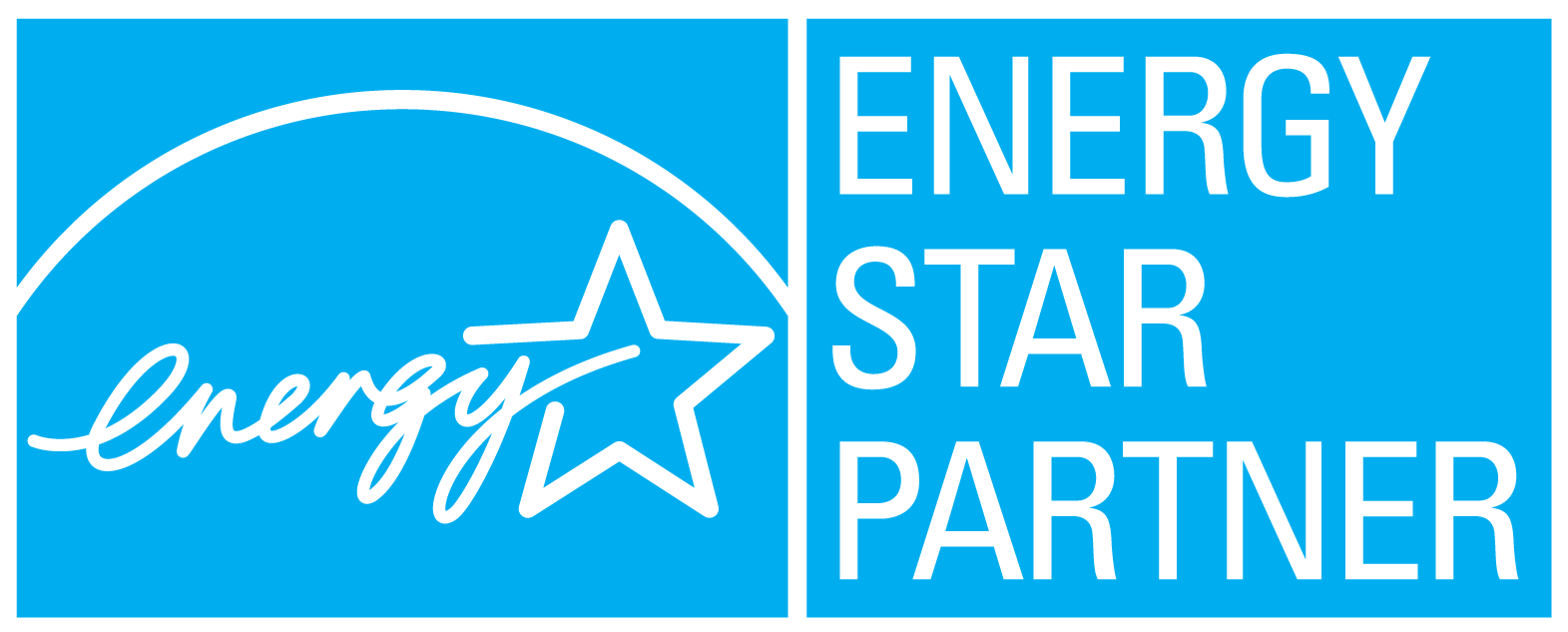On Friday, May 7, 2021, the Colonial Pipeline was attacked by ransomware from an organized crime group called DarkSide. Due to this cyber-attack, the oil pipeline system was forced to go offline and stopped supplying gas to all Gulf Coast and East Coast states. As a result, the U.S. average gas price has increased to $3/gallon on Wednesday, May 12, 2021 (up from an average of $2.86/gallon on May 6). However, at 9am this morning (May 13th, 2021), the Colonial Pipeline announced that they have restarted operations and will resume service to all of their markets by end-of-day.
What is the Colonial Pipeline?
The Colonial Pipeline is the largest oil pipeline in the U.S. It transports 2.5 million barrels of fuel a day from Texas to New York. The Colonial Pipeline is a private company based in Alpharetta, Georgia. It is owned by Royal Dutch Shell, Koch Industries, and several foreign and domestic investment firms.
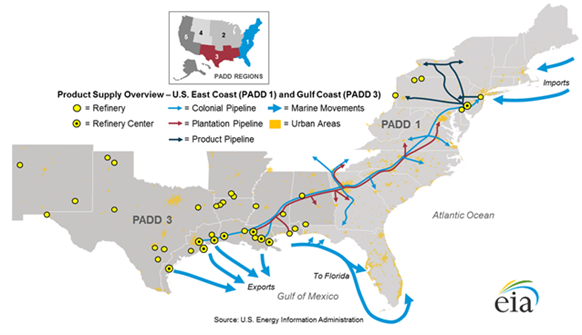
Figure: U.S. Gulf Coast and East Coast Petroleum Product Supply
What Does This Mean for Businesses?
The Colonial Pipeline shutdown and its residual effects currently have no effect on your power (electricity & natural gas). It only affects gasoline, which is different from natural gas as it is derived from crude oil and is mainly used for automobile fuel and other chemical products. Although they haven’t specified when operations will return to 100%, many have speculated that the system will be fully back online by the end of the week. In addition, there is no current shortage of gas in the U.S. According to Virginia’s Department of Emergency Management, this is similar to the “imagined” toilet paper shortage we experience when COVID-19 initially hit. Customers are discouraged from hoarding gasoline as it will artificially create inconvenient but temporary shortages. See tweet below:
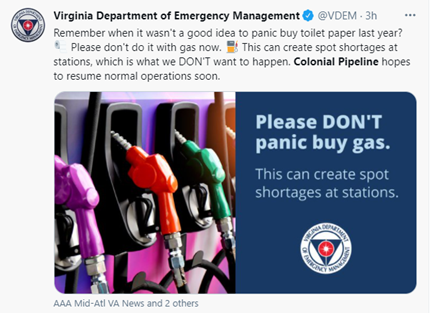
According to the Energy Information Administration (EIA), a non-profit government energy data source, the petroleum distribution terminals in the Southeast will rely on inventories and suppliers obtained from alternative sources listed below to provide enough gasoline to serve consumers’ needs until the pipeline is fully back online:
-
The Plantation Pipeline – a smaller but nearby petroleum pipeline
-
Marine shipments from refineries on the U.S. Gulf Coast
-
Increased trucking shipments – Federal and state governments have issues regulatory waivers to loosen restrictions on trucked shipments to better facilitate the supply of gasoline
-
Imports from global markets (Canada & Mexico)
The conclusion we draw from this information, and this is OUR opinion: this is not a “real shortage.” But rather a case of diverting the abundance of petroleum supplies from where they are, to where we need them. No need to panic and fill up gas cans! However, you might want to delay that road trip for a week.
